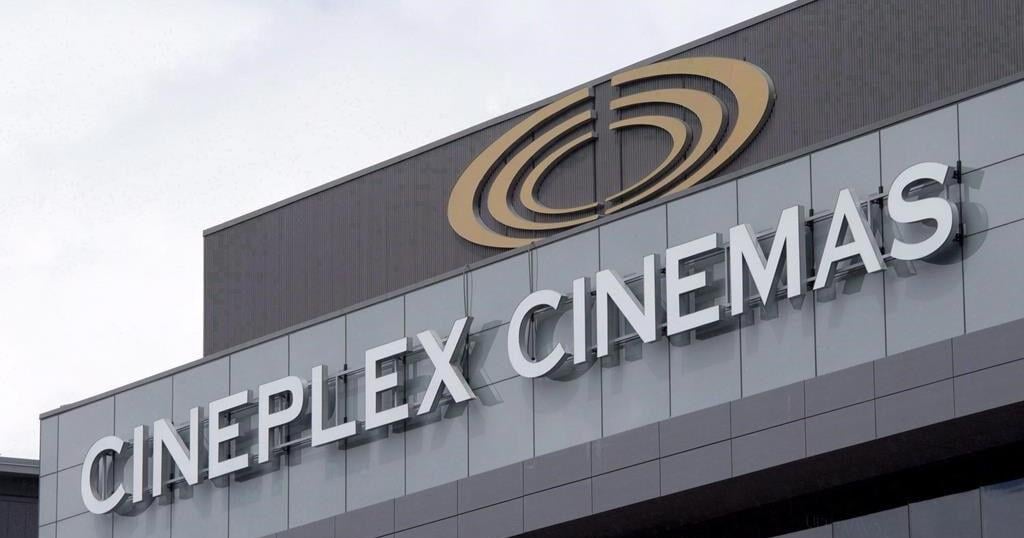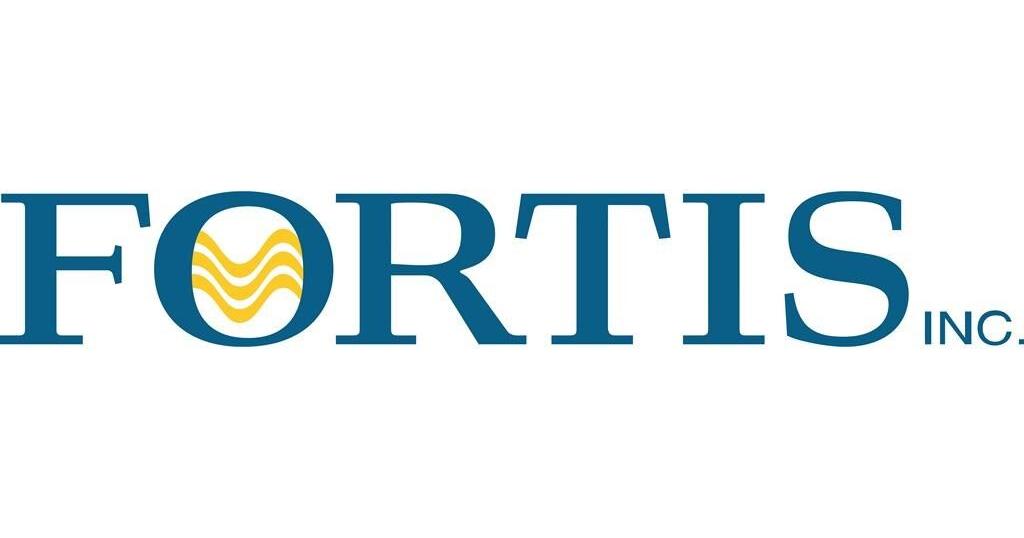Some Rogers mobile customers will be paying a little more for their wireless plans this year.

Rogers Communications told Global News on Wednesday that it will be raising prices on some of its plans and bundles starting this month, with the increases applying to both Rogers and Fido customers who are not under contract.
A spokesperson clarified on Thursday the average price update for other wireless customers will be $5 per month, after previously saying the increases will range from “less than $7″ to as high as $9 per month.
Customers who have been notified of an increase will see the new price on their first bill after Jan. 17.
“We are committed to delivering mobile services with the highest standard of quality and reliability to bring our customers the best network experience,” the company said in a statement.
“This includes increased capacity to ensure reliable and consistent service for our customers, expanding into more communities from coast to coast, and making improvements to our customer service tools.”
Global News asked the other major wireless carriers — Bell, Telus and Freedom Mobile — if they were also raising prices this year, but did not immediately hear back.
Quebecor Inc. says there is a price freeze for customers with its Freedom Mobile, Videotron and Fizz brand, according to the Canadian Press.
The price increases for some Rogers wireless plans come less than a year after the telecommunications giant’s merger with Shaw Communications, valued at $26 billion, was formally approved.
When he signed off on the deal last March, Industry Minister Francois-Philippe Champagne claimed it would drive wireless prices down for Canadians.
His approval came with a number of conditions for Rogers — none of which included securing commitments from the company to stabilize or lower the cost of its wireless plans. Instead, Rogers was tasked with expanding its workforce in Western Canada and maintaining its western headquarters in Calgary. The company is also tied to $6.5 billion in investments over the coming decade to expand 5G coverage and internet connectivity in rural, remote and Indigenous communities.
Conditions for lower costs were instead levied on Quebecor’s Videotron, the Quebec carrier that acquired Freedom Mobile’s wireless business and spectrum from Shaw as part of the deal.
Videotron’s wireless prices in Quebec, which tend to be 20 per cent lower than in other parts of the country, must be expanded out of the province and into Western Canada as part of Champagne’s stated goal of creating a fourth national player in the telecommunications sector.
Violating the conditions would come with “significant” penalties of up to $200 million in fines for Videotron and up to $1 billion in charges for Rogers, Champagne said.
The companies also signed agreements designed to help Videotron effectively compete as it expands across Canada, which Champagne said will “ensure more Canadians can benefit from lower prices for their wireless services.”
The minister told reporters in March that he might seek more legislative powers to force companies to offer Canadians better deals if prices do not materially drop following completion of the deal.
During regulatory hearings for the merger in 2021, Rogers executives would not guarantee that Shaw customers wouldn’t see rate increases as a result of the deal, calling price hikes “an act in a marketplace.”
Global News parent company Corus Entertainment is owned by the Shaw family, previously the owners of Shaw Communications.
Canada’s wireless prices have overall been dropping in recent years, according to data from Statistics Canada.
The latest Consumer Price Index shows wireless phone service costs this past November were down 17 per cent compared with the year before, and were 37 per cent below prices in November 2018. The overall Consumer Price Index rose nearly 19 per cent over that same five-year period.
Rogers also says it has reduced its per-gigabyte price for 5G services and introduced low-cost 5G phone plans over the past year.
But economists and opposition lawmakers have criticized Champagne and the government for not doing more to protect Canadian wireless users, calling the conditions placed on Rogers “illusory.”
“He may be watching them like a hawk, but I mean, he’s left Canadian consumers to be basically open to the buzzards,” Brian Masse, the NDP’s industry critic, said of the minister after his announcement.
Champagne’s office did not immediately respond to a request for comment.
— with files from Global News’ Craig Lord and the Canadian Press


























